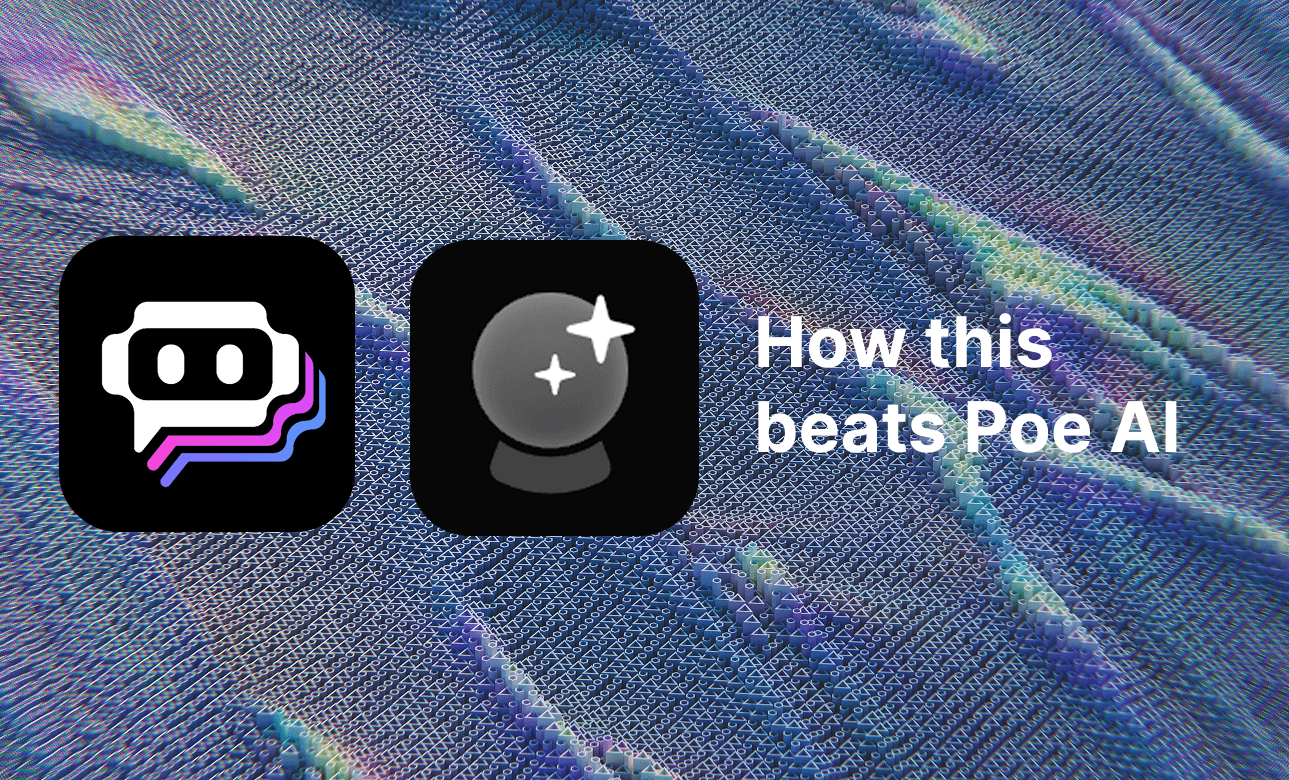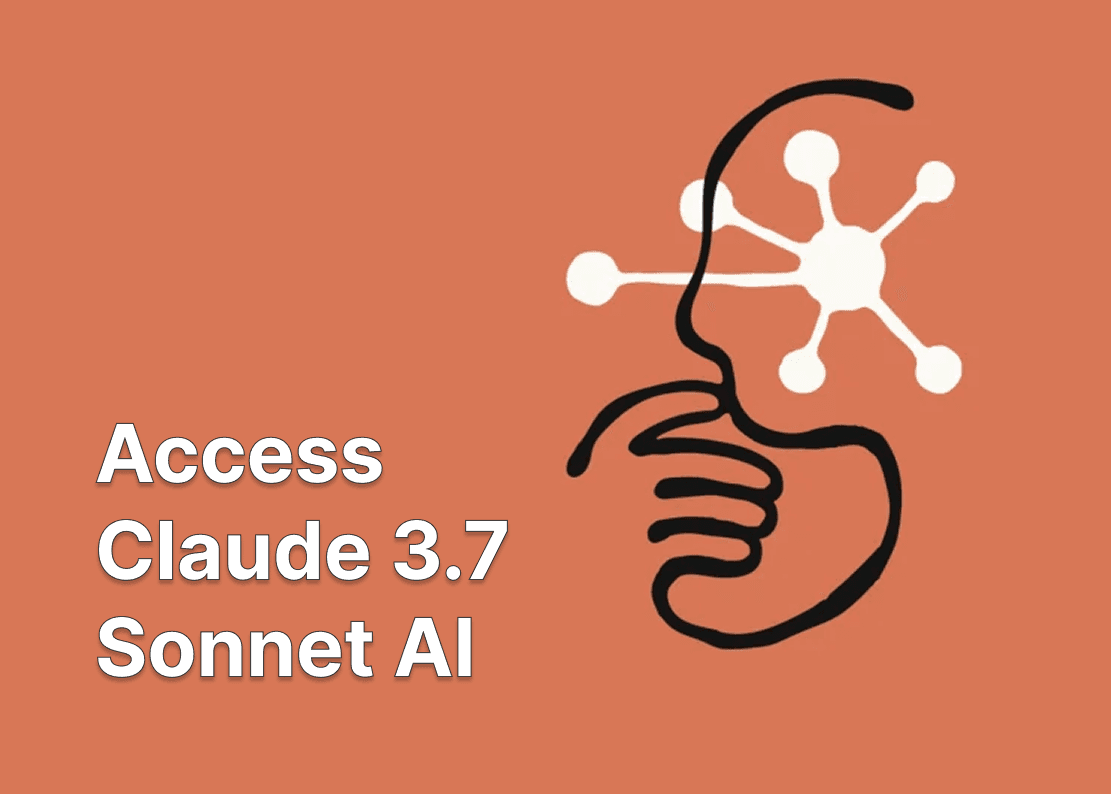Articles by Writingmate
Stay updated on the latest news about AI.
Explore insightful articles and tips.
Stay up to date on
the latest AI news by Writingmate
All blog topics
Show More
Start Using AI
Smarter
Join 100,000+ professionals who already save money and speed up their workflow with Writingmate.
Design by










